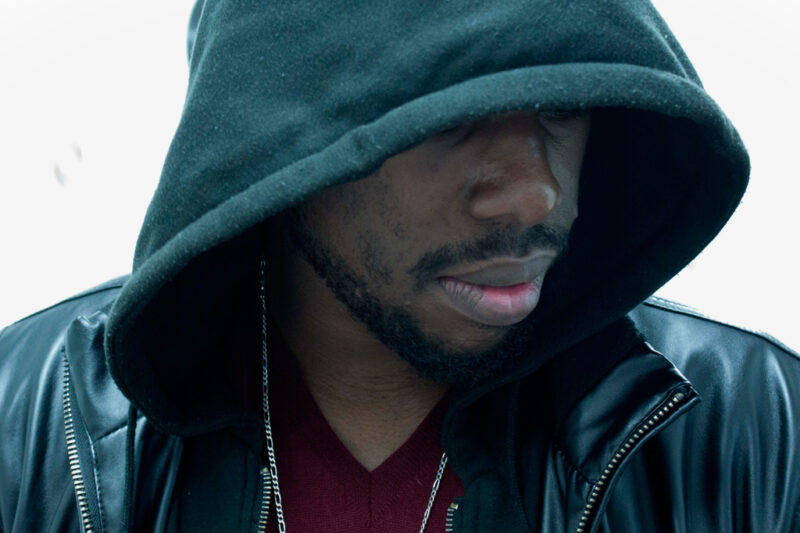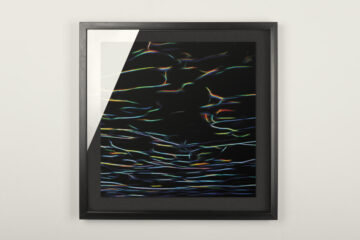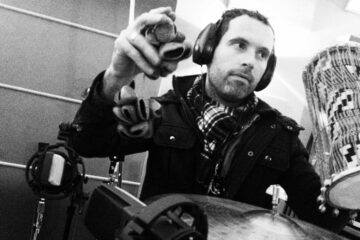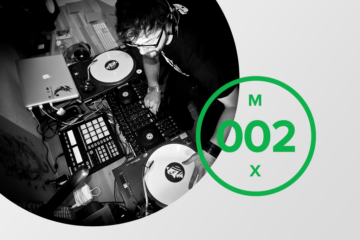Flying Lotus is, without a doubt, one of the most influential artists at the moment – as far as the advanced popular music scene is concerned. He did not only get the attention of the LA Hip Hop scene, one could go as far as to say that he created an entirely new scene. One the one hand e managed this through his signature sound that functioned as a game changer and in addition slowly but surely with his label Brainfeeder, which he founded in 2008. Through that he turned the tables once more and introduced the world to a whole roster of new artists, who stand out through their ability to constantly reinvent themselves. Valentin Menedetter had the opportunity to talk to him.
You founded the label Brainfeeder, which stands for so much in the music world. What was your intention behind it?
Flying Lotus: Originally I started a label because I was surrounded by all those amazing musicians that didn’t have homes for a lot of the work that they produced. Samiyam was basically my roommate and Teebs. And I felt that there were a lot labels that were trying to capitalize on the sound that we were building so I just wanted to make sure that it was something that we did, that we controlled. We built it so we should control it – build our own house, our own mansion.
Speaking of a mansion – you guys used to live in a hotel complex together…
Flying Lotus: It was an apartment complex, it was a place where a lot of artists and people who claimed to be artists lived. It was a really interesting and inspiring place to be, because you’d always see people working on stuff and they were really cool on letting me work on my music really loud, all day all night. And it was great, I made the Los Angeles album there and a lot of the Cosmogramma record was made there too.
When you started the label did you ever imagine it to be like this? It entails so much more than music…
Flying Lotus: Yeah, that was the reason why we didn’t call it Brainfeeder Records because we wanted to have it more like an artist-run collective. Different mediums being represented. I do all types of art and my friends as well, so I just wanted to make sure that people thought of it in such a way – and not just music. There’s so much more.
I heard that you are going to do some work with Erykah Badu…
Flying Lotus: Yeah, I’ll produce the next album, entirely. I want it to be psychedelic album. Like one of my records with her in it. I want to try and make something new – a new character, and build something unique where it’s not an Erykah Badu album. It’s a different thing, different entity. I’m stepping out of my comfort zone to work with somebody. I want it to be a unique situation; it’s not going to be called Erykah Badu. It’s going to be something else – we don’t know yet. We are in the process of working on it and we’re taking our time to make the best product we can – the best record, the most honest thing that we can.
Everybody knows your sound – how do you deal with the people’s expectations when you’re stepping on stage?
Flying Lotus: It’s weird man, it’s weird because I sometimes think that people expect me to do something other than I do. I don’t want to play music that I don’t appreciate or music that I don’t really feel. I try my hardest to play the things that I really enjoy whether I produced it or not. The crowd might not understand it, but I still need to represent my taste and what really inspires me. If it’s not me it’s something that I’m really digging.
Are you still able to retreat from all the music and media and get some time off?
Flying Lotus: It’s really difficult; it really does take a conscious effort to do it. It’s possible but it’s really hard. Especially having taken on Brainfeeder I feel responsible for other people’s success. And that is way different; it was all about what I was doing. I didn’t have to care about anybody else and now I have to make sure that people buy Samiyam’s album, and that makes it difficult. But at the same time it’s such a rewarding feeling, knowing that the kids care about it. It means a lot, that’s a motivation. I’m going to go to India for a little while without a computer.
Could you describe your role in Brainfeeder in terms of signing people and stuff like that?
Flying Lotus: I try to be as involved as I can be, I try to pick the artists that need to be released – I do my part in communicating with the artists and where they are at and what they are trying to do, and see their vision. For the most part I try to let them do what they want to do, because I don’t want the kind of person that says †œNo† to things – I want to try and bring out the best that they offer.
The latest album that came out on Brainfeeder is the Thundercat LP…
Flying Lotus: It’s really special to me. I spent a lot of time working on it myself and I feel like it’s really a big part of my own personal catalogue, just because of the amount of time I spent working on it. It is my love for him – he’s like my little brother. It’s really important to do what I can for him and to see it through. It’s a big deal, it’s the first kind of thing that I’m involved with that is not a niche record. It’s has a universal appeal to it and it’s a very beautiful thing. I’m really curious how people will respond to it. I really do feel like he is one of the best musicians out there doing it right now. He inspires me. When I met him I instantly knew that I had to step my shit up. I have to learn how to play keys, be a better producer, and learn structure. It was a really cool inspiring relationship that happened as a result of our connecting.









